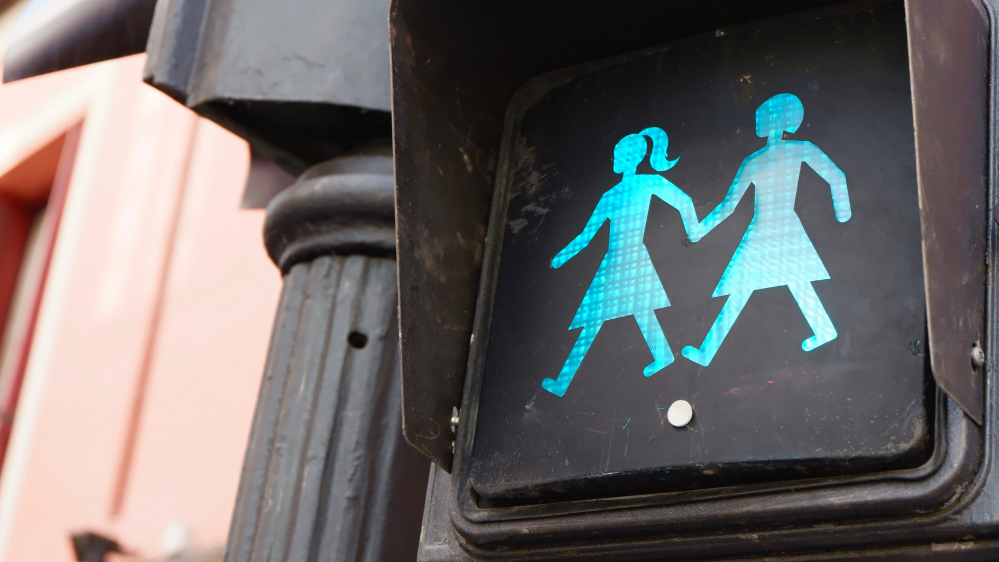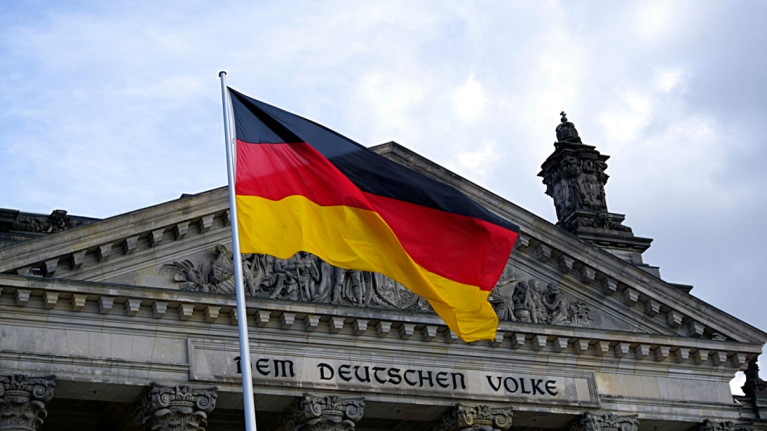Does gender self-identification threaten women’s rights and child safety?
- 18:30 - 20:00
- Monday 17 March 2025
- TBC, Brussels
REGISTER HERE
The European Union has set out to embed gender policies into a host of legal and social frameworks. One major area is the concept of gender self-identification: the idea that people should be able to define and declare their own “gender identity” without requiring medical, legal, or external validation. In other words, that trans individuals should be able to change official documents on the basis of their own self-declaration. But a growing body of critics insist that these policies are eroding fundamental protections for women and children.
The EU aims to enshrine self-ID via the LGBTIQ Equality Strategy (2020-2025) – what are the consequences for women, children and wider society?
Proponents of self-ID insist it is about expanding human rights for marginalised and vulnerable people. But critics suggest that it amounts to the loss of sex-based rights, threats to safeguarding policies, and restrictions on free speech. One common example is about the importance of sex-segregated spaces, such as bathrooms: proponents of self-ID would allow biological males to use female restrooms, which critics say opens the door to potential danger and abuse.
Another crucial area is sports. Self-ID policies would allow biological men to compete against women – does this put women at risk of danger and fundamentally undermine the principle of fair play? Similar issues are raised in the prison sector: should trans women individuals be housed alongside biological women in prisons? What about in shelters for vulnerable women? Defenders of self-ID say that these examples are part of a culture war aimed at undermining trans rights, but critics insist that hugely important decisions about safety, rights and privacy are being made with barely a thought to the consequences.
A further aspect of the debate is about free speech and open discussion. Under the guise of dealing with hate speech, critics of self-ID laws are often marginalised, attacked, and have had events shut down. A wider climate of sensitivity means that politicians and members of the public feel afraid to broach these topics. Is critical debate on gender identity being suppressed under the guise of anti-discrimination? With the deep involvement of activist groups in shaping EU law, is there sufficient oversight, or is the EU embedding ideological policies into national legislation without democratic scrutiny?
This meeting will bring together experts, researchers and women’s rights advocates to critically examine the far-reaching consequences of gender identity activism. Join us for an open and honest discussion about the future of sex-based protections.
Guests:
- Stella O’Malley, psychotherapist; co-author, When Kids Say They're Trans; parent
- Ashley Frawley, visiting research fellow, MCC Brussels
- Faika El-Nagashi, former MP (Austria), Green Party; political scientist; human rights advocate


